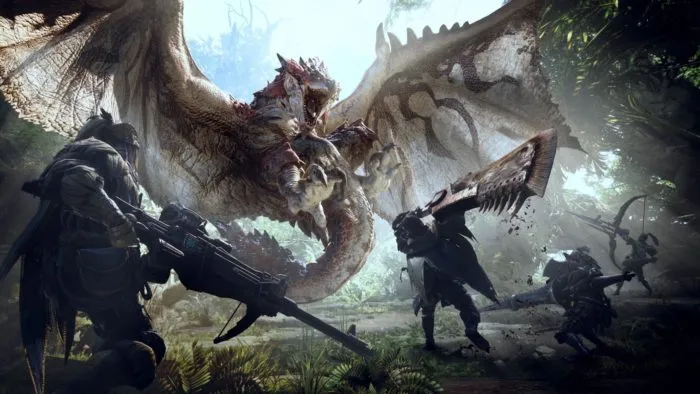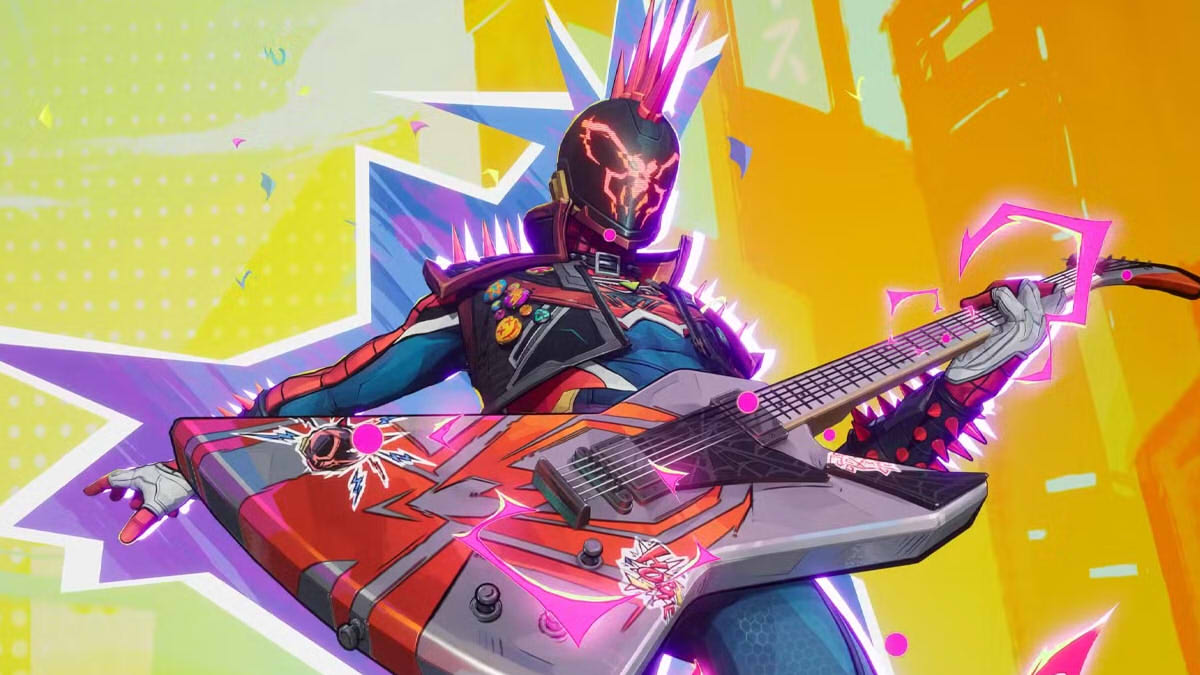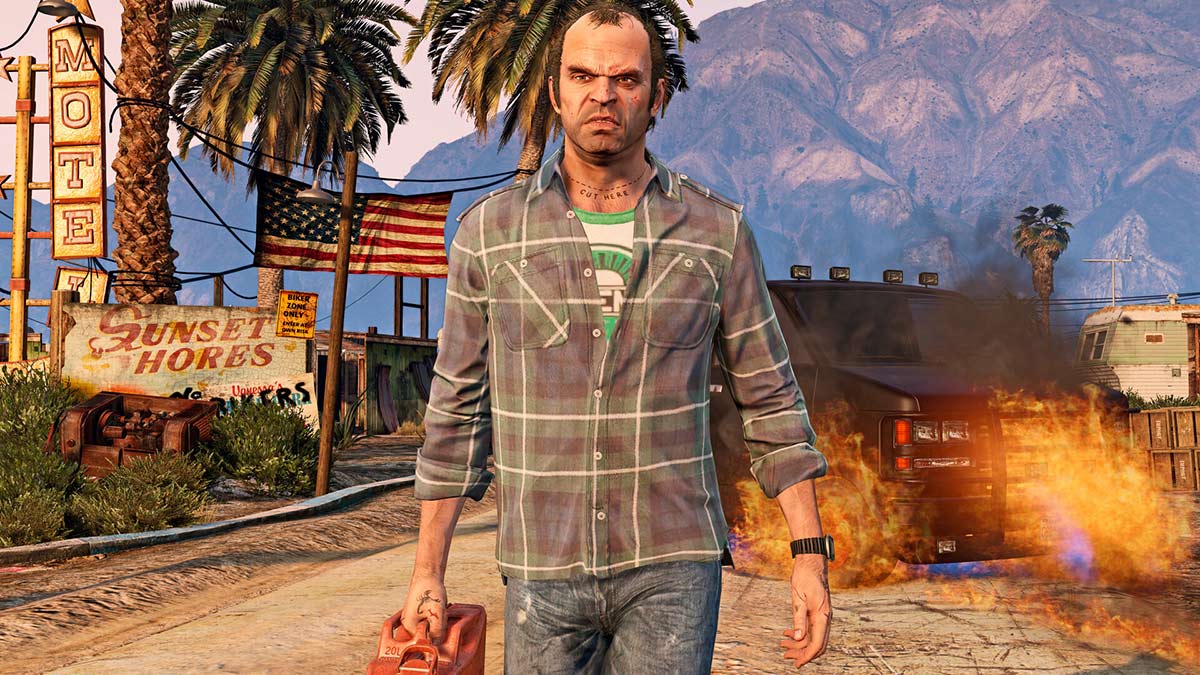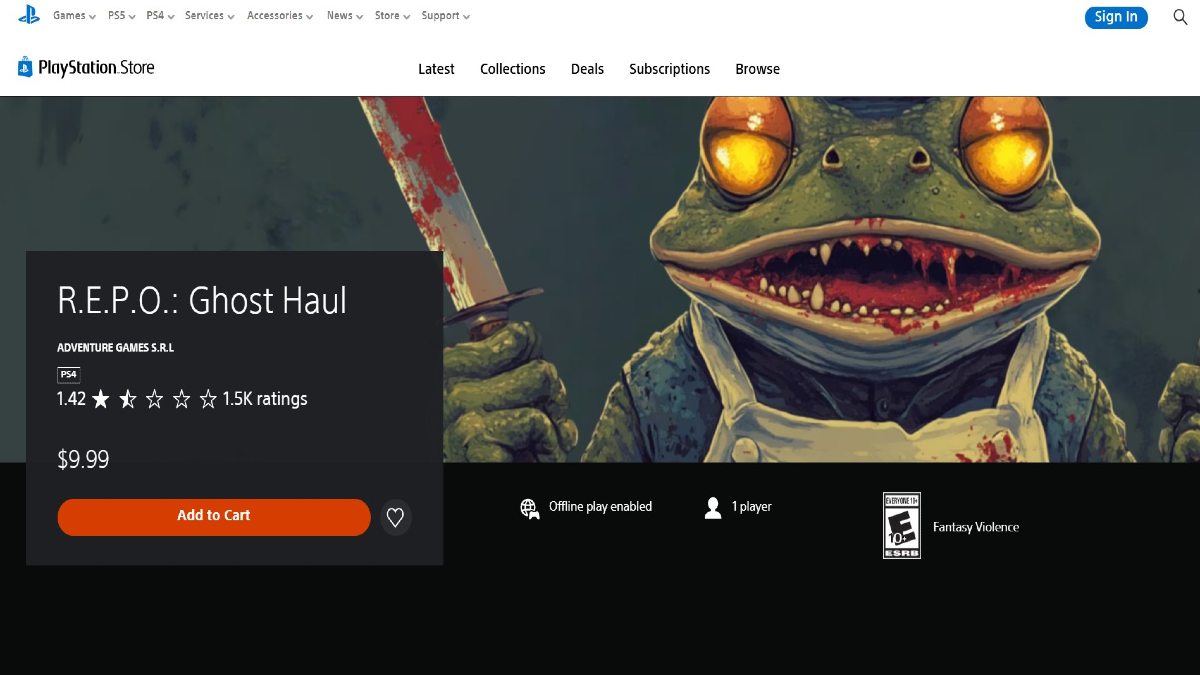The Chinese regulatory agency in charge of vetting foreign games for unsocialist values has officially frozen its examinations, and in the process, stands to block dozens of big-name games —mostly distributed by Tencent— from entering the world’s biggest video game market.
Earlier this week, Capcom’s smash-hit Monster Hunter World was removed from the Chinese game market, forcing the distributor, Tencent Games, to issue refunds to customers. The explanation cited alleged customer complaints. In reality, though, as we reported at the time, bureaucracy seems more likely to have caused the issue. And indeed, this latest development seems to confirm that suspicion.
Bloomberg reports that sources close to the regulatory company are sure that a restructure of personnel has resulted in a clampdown, with bureaucrats “reluctant to take risks or initiative new steps that could become controversial.” There are two agencies in question: The National Radio and Television Administration, which has not granted licenses “for about four months,” while the Ministry of Culture and Tourism “has made game registration procedures more stringent.”
These issues have seen the Japanese games market tumble. Nexon dropped 5.9%, Capcom 2.7%, and Konami Holdings Corp. 4.2% (its lowest close in more than a year). Tencent shares also slid by 3.9% to an all-time low this year.
No game has actually received a license in China since March of this year, but today’s announcement is the first official word on the matter. Critically for Tencent, in addition to Monster Hunter World being removed from sale this week, the company still hasn’t received approval to monetize two of the games industry’s hottest properties, Fortnite and PlayerUnknown’s Battlegrounds (PUBG). Furthermore, the mobile version of PUBG also still hasn’t been monetized despite extraordinary player counts. All of this has combined to undercut Tencent’s earnings, recently dropping $150 billion in market value. Second quarter mobile earnings are forecasted to also drop by 6%.
Shawn Young from Blue Lotus, however, is confident China will eventually relent its game license freeze, stating in an interview:
“We don’t think that the regulation will impact the sector forever. We think that Tencent is still able to break this siege and continue to publish new and popular games.”













Updated: Aug 17, 2018 11:49 am